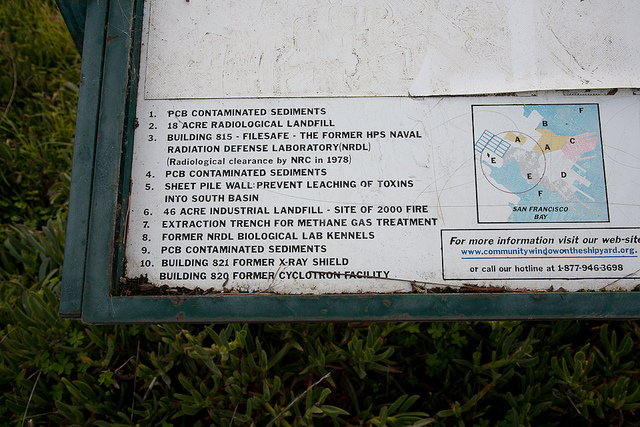More than 1,000 shoe factories in southern China have closed in the past year — half of them just in the past 12 weeks — and many more will be shutting down in the coming months, according to news reports. Hong Kong’s Asia Times reports that about 10,000 factories of different types are expected to close in the region this month, as wages increase and environmental and employment regulations tighten. About half the companies leaving Guangdong are moving to other provinces of China, according to Hong Kong’s Asia Times. At least 25 percent of them are moving to other Asian nations such as Vietnam, where labor is cheaper and regulations looser, according to the newspaper. China’s new Labor Contract Law, which was implemented last month, is seen as a major factor in the mass exodus of industry.


